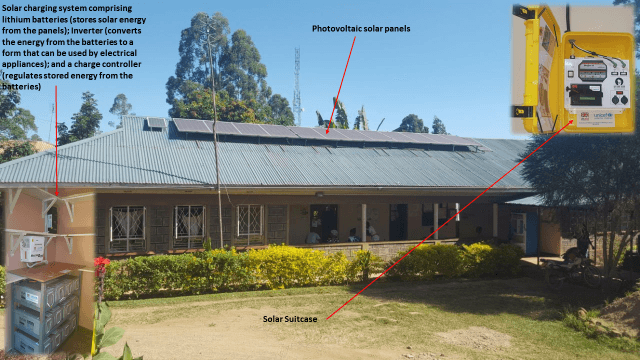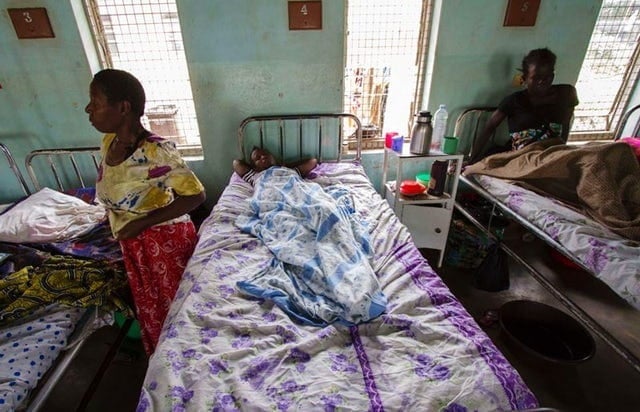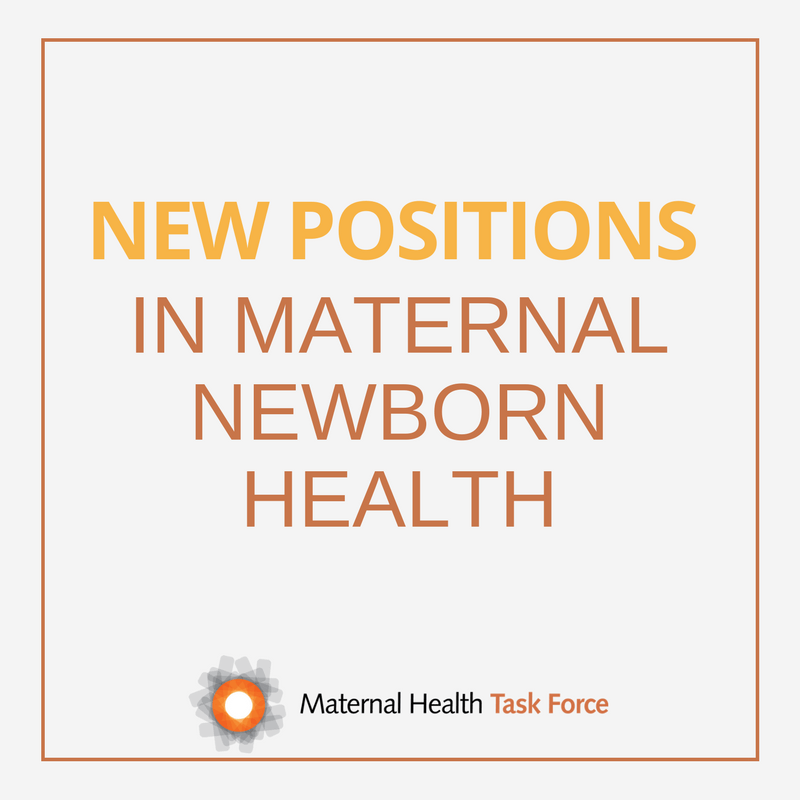Maternal Health Task Force
The Maternal Health Task Force strives to create a strong, well-informed and collaborative community of individuals focused on ending preventable maternal mortality and morbidity worldwide.
677 Huntington Avenue
Boston, MA 02115
Blog
-
10 Papers That Address Climate Change and Maternal Health
The physical environment has an enormous impact on women’s and maternal health. Climate change in particular has been linked to food insecurity and undernutrition, water scarcity, poor hygienic conditions, infectious disease outbreaks and increased vulnerability to floods, hurricanes, heat waves and other natural disasters—all of which have direct consequences for women’s health during pregnancy, labor and delivery and postpartum…read more
-
New Blog Series on Noncommunicable Diseases and Maternal Health: Call for Submissions
As the world continues to undergo the “obstetric transition” from mostly direct causes of maternal mortality to more indirect causes, addressing the effects of noncommunicable diseases (NCDs) on maternal health is becoming increasingly urgent. To highlight this issue, the Maternal Health Task Force is curating a new blog series focused on NCDs and maternal health…read more
-
Creating Sustainable Green Energy Solutions for Maternal and Newborn Health in Kenya
Access to efficient modern energy is a critical enabler for essential maternal and newborn health care services, especially during emergencies. Yet a review of 11 countries in sub-Saharan Africa found that only 28% of health facilities and 34% of hospitals had reliable access to electricity. Such is the case for Kenya, where power outages can last up to several weeks in some locations…read more

-
From the Archives | Black Mamas Matter! Building a Human Rights Movement for Maternal Health in the U.S.
Katrina Anderson and Pilar Herrero address the United States’ problems with maternal mortality and racial inequities from a human rights perspective…read more
-
Stillbirths: Global Causes, Disparities and the Need for Better Reporting
An estimated 2.6 million stillbirths occur every year across the globe, but many of them are not counted, reviewed or reported. The Every Newborn Action Plan proposed a target for reducing global stillbirths during the Sustainable Development Goal period from 18.4 stillbirths per 1,000 births to 12 or fewer stillbirths per 1,000 births by 2030. However, inaccurate reporting and inconsistencies with definitions are key challenges for tracking progress and achieving this target…read more
-
How Surgery Can Treat and Cause Fistula
While the root causes of obstetric and iatrogenic fistula differ, both represent failures of the health system to provide women with timely, safe and appropriate care, and both have severe consequences…read more

-
Challenges Health Workers Face When Trying to Provide High Quality Maternity Care
The Cochrane Database of Systematic Reviews recently published a qualitative evidence synthesis of factors that influence the provision of intrapartum and postnatal care by skilled birth attendants in low- and middle-income countries. Meeting the needs of health workers is essential to ensuring that women receive high quality maternity care…read more
-
New Positions in Maternal Newborn Health
Interested in a position in reproductive, maternal, newborn, child or adolescent health? Every month, the Maternal Health Task Force rounds up job and internship postings from around the globe. In this month’s roundup, we are featuring positions at UNFPA, Women Deliver, USAID and other organizations…read more

-
Dispelling the Myth of the “Happy Pregnancy”: An Interview With Astrid Kamperman
On 2 November 2017, Astrid Kamperman joined the Maternal Health Task Force (MHTF) for a panel discussion about noncommunicable diseases (NCDs) and maternal health. Later, the researcher based at the Erasmus Medical Center in the Netherlands sat down with the MHTF’s Sarah Hodin to talk more about her research on maternal mental health…read more
-
BOLDly Redefining High Quality Care During Labor and Delivery
The International Journal of Gynecology & Obstetrics recently published a special supplement highlighting findings and lessons learned from implementing the World Health Organization’s Better Outcome in Labor Difficulty (BOLD) project in Nigeria and Uganda…read more